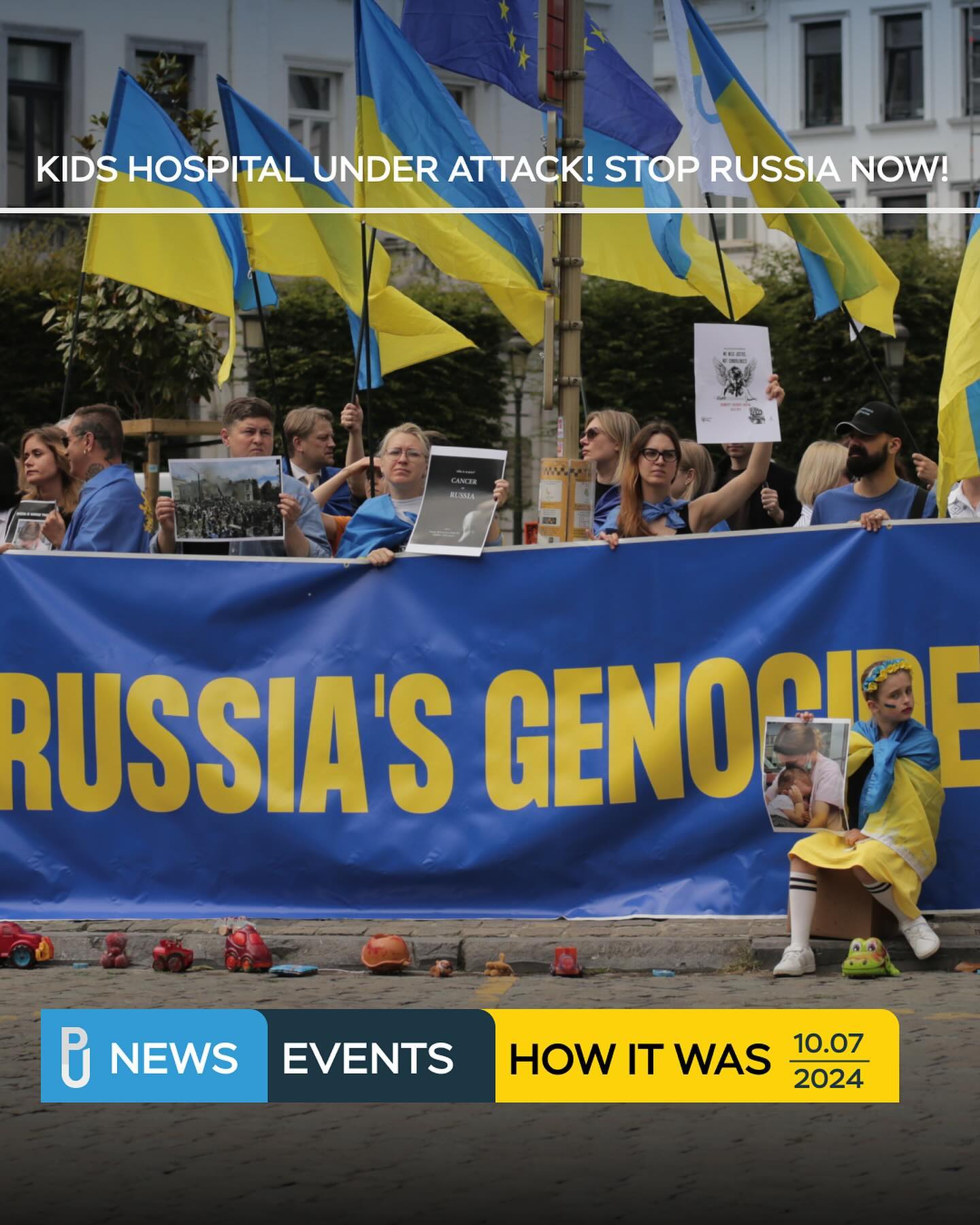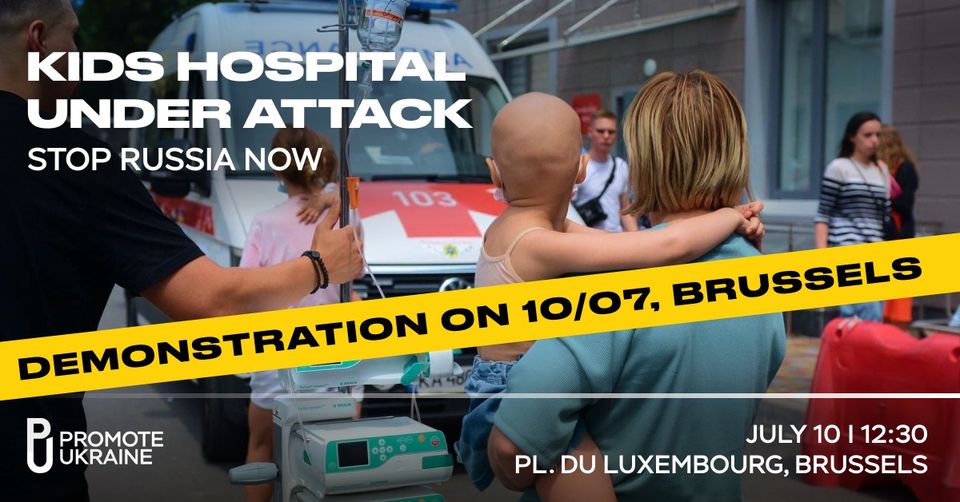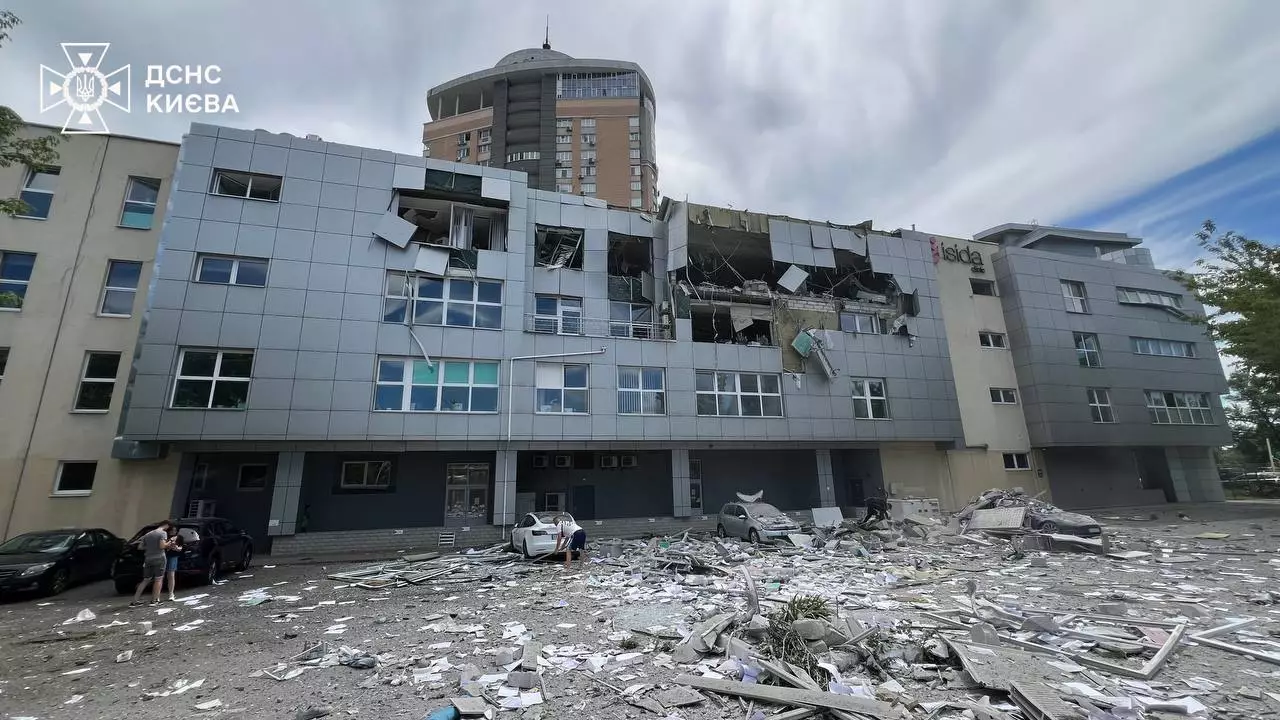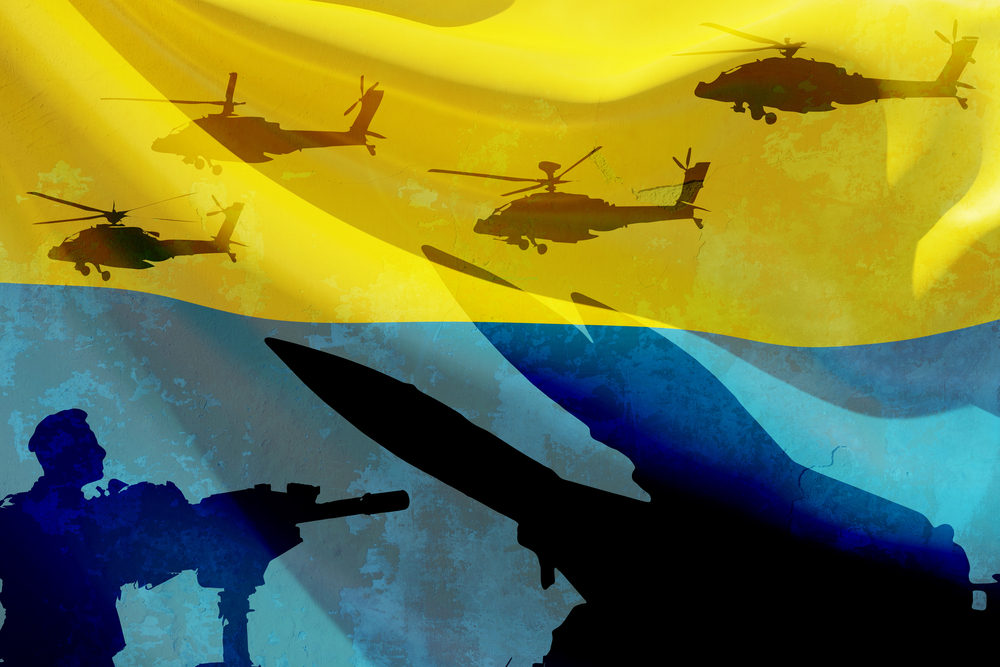Russian political opposition must be able to actually participate in the upcoming legislative elections and not just keep an eye on the result of the election, which is already expected to be fraudulent, said members of Russia’s political opposition and non-governmental organisations Alexei Navalny, Vladimir Kara-Murza, Vladimir Milov and Ilya Yashin. They held a video debate with the Foreign Affairs Committee of the European Parliament on the political and socio-economic situation in Russia in view of next year’s parliamentary elections.
Navalny stated: “The key moment is not even fabrication or falsification; we definitely wait for it. It’s a kind of inevitable part of all Russian elections. If everyone is allowed to participate, we can discuss it further, but if some people are not allowed to participate, the results of such election will never be recognised.”
The main problem is that opposition members are not allowed to participate. For decades Russia did not have a free election; a whole generation doesn’t know what it looks like, said participants of the debate. However, there are rare cases of opposition victories at a local level this September in the Siberian cities of Tomsk and Novosibirsk. At the same time, Mr. Navalny’s party has received nine declines of registration for election from the Justice Ministry, the record even for today’s Russia.
“The chances of him and his supporters being allowed to participate in a parliamentary election in September 2021 are close to zero,” underscored Vladimir Kara-Murza, Chairman of the Boris Nemtsov Foundation, Vice President of the Free Russia Foundation.
Navalny, one of Russia’s most high-profile opposition politicians, an anti-corruption activist and an outspoken critic of President Vladimir Putin, talked about the importance of developing a new strategy in Europe’s communication with Russia: “It is a time to develop a new strategy, not just correct the old one. Because now we have the new type of Russian government and state in comparison with the system of two years ago… I’m definitely not the first one and, unfortunately, I will not be the last who was poisoned or killed or treated in this way. It is extremely important for Russian people to know that Europe as a whole and the European Parliament will not keep the silence of such events.”
Participants stressed that the EU must properly target the money of oligarchs close to President Putin and not just officials with no real estate or bank accounts in Europe. Rather than the current EU sanctions regime, which the Russian state can use as a pretext to spread propaganda and sow distrust among the Russian population vis-à-vis the EU, targeting the “corrupt money” of oligarchs could be a much more effective way to create a rift within the “Kremlin elite,” they said.
“When oligarchs will be kicked out, it will be a celebration on the streets!” emphasised Navalny.
Putin does not enjoy as much popular support at home as the Russian government often proclaims, they pointed out, including with regard to Russia’s assertive foreign policy.
“If he (Putin) is really so popular, why he is so afraid of a free election?” asked Kara-Murza.
Should Vladimir Putin remain in power after 2024, they called on the EU to formally withhold recognition of his position as president. They described recent changes to Russia’s constitutional presidential terms limits as illegally enacted.
“Democratic changes in Belarus are being followed closely by the people of Russia. Therefore, holding free and democratic parliamentary elections in Russia next year will be key for the legitimacy of the Putin regime, as the people are expecting change. We must defend democracy across the globe and be resolute in our response, with targeted economic sanctions to end the systemic repression of the opposition in Russia. This repression includes large-scale attempts by the administration to block the opposition’s participation in the elections,” said Parliament’s standing rapporteur on Russia Andrius Kubilius (EPP, Lithuania).
“As long as democracy is not a national idea in Russia, nothing will change in our country. First and foremost, this is the responsibility of politicians and civil society,” stressed Vladimir Milov, politician, publicist, economist and energy expert, former Deputy Minister of Energy of Russia.
Daryna Lysenko






 UA
UA FR
FR DE
DE




